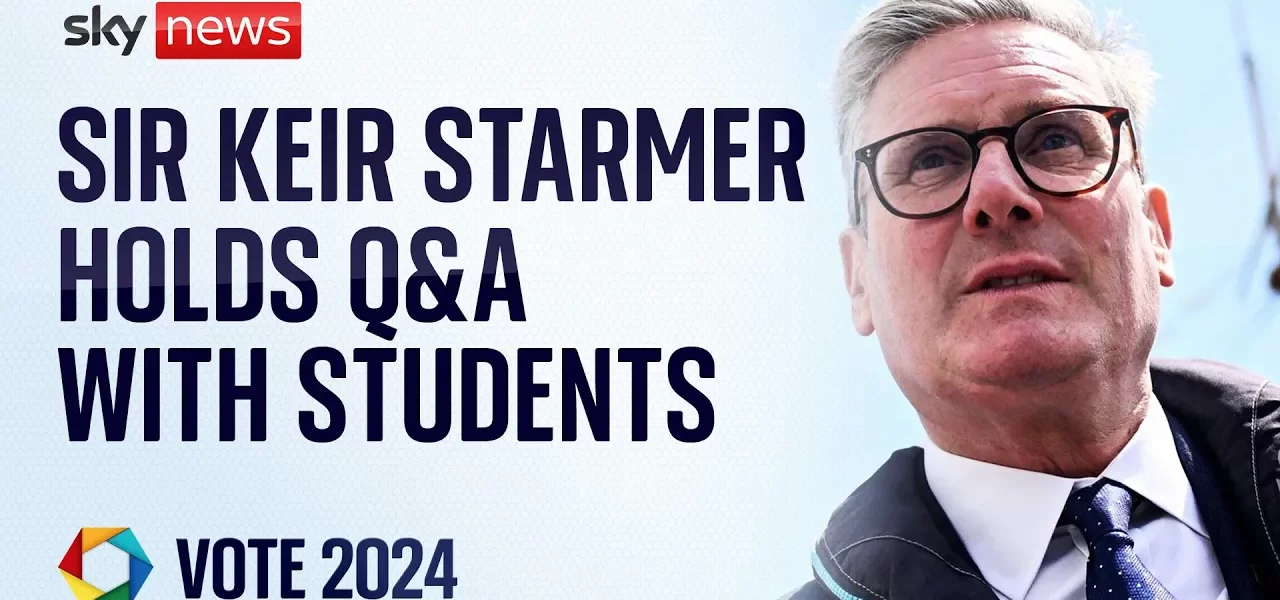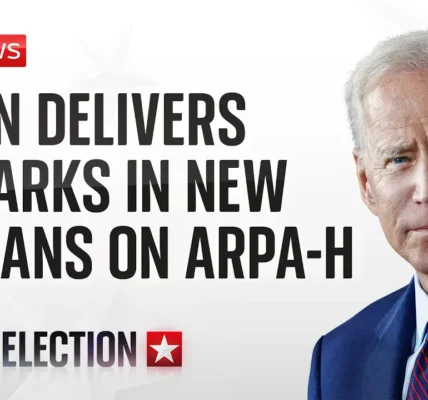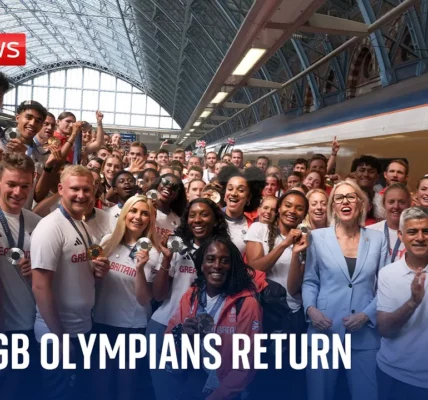Engaging Youth in Political Discourse at KBA

Welcome to an insightful discussion where students engage with prominent political figures, exploring topics such as youth voting rights, education options, career paths, and the importance of community service. This event highlights the role of young voices in shaping the future of politics.
Introduction
The importance of fostering dialogue between young people and political leaders cannot be overstated. At KBA, we hosted an event that brought together students and key figures from the political landscape, creating a platform for pivotal discussions on issues affecting the youth today. The event was marked by questions from students, reflecting their concerns and aspirations in an engaging format.
Voting Age and Youth Empowerment
One of the most pressing questions raised was about the voting age in the UK. Currently set at 18, many students believe it should be lowered to 16. This perspective was articulated by a Year 7 student, Fallon, who posed the question to Kia, a prominent political figure. Kia passionately argued that if young people can work, pay taxes, and serve in the armed forces at 16, they should also have the right to vote.
Arguments for Lowering the Voting Age
- Young people contribute to society by working and paying taxes.
- Many teenagers are informed about political issues and have strong opinions.
- Lowering the voting age could lead to greater civic engagement among youth.
Impact of Youth Votes
Empowering young voters could significantly shift electoral outcomes, reflecting the interests and needs of a larger demographic. This engagement could lead to policies that benefit younger generations, making it essential to consider their voices in the political arena.
Education Choices: University vs. Apprenticeships
As students progress in their educational journeys, the decision between pursuing higher education or entering an apprenticeship program becomes critical. In a subsequent question from Aldren, a Year 10 student, the panel discussed the merits of both paths.
Benefits of Apprenticeships
- Hands-on experience in a chosen field.
- Potential for earning while learning.
- Opportunities to build professional networks early.
University Education
On the other hand, attending university can provide in-depth knowledge and critical thinking skills. The panel emphasized that both paths are valuable and can even be combined through degree-level apprenticeships. They encouraged students to choose based on their interests and strengths.
The Role of Journalism in Politics
Media studies student Izzy posed a question regarding the relevance of journalism as a career. The panel emphasized the importance of journalism in democracy, highlighting that journalists hold politicians accountable and inform the public on critical issues.
Reasons to Consider a Career in Journalism
- Opportunity to influence public opinion and policy.
- Diverse career paths within journalism, including political reporting, sports journalism, and cultural commentary.
- Engagement with the community and fostering informed discussions.
Advice for Aspiring Journalists
The panel encouraged students to seek mentorship from current journalists and to pursue internships that could provide valuable experience in the field. Engaging with media professionals can clarify the demands and rewards associated with a journalism career.
The Importance of Community Engagement
Throughout the event, the significance of community service and engagement was a recurring theme. The panelists shared their experiences and underscored the value of serving one’s community as a foundation for a political career.
Community Service Initiatives
Many panelists, including those who managed women’s refuges or worked in the NHS, spoke about their motivations and the impact of their work on local communities. They stressed that engaging with community issues is crucial for understanding the needs of constituents.
Conclusion
This event at KBA was not only an opportunity for students to voice their questions but also a chance for political figures to listen and respond to the future generation. As the discussion highlighted, young people are not just the leaders of tomorrow; they are active participants in shaping the political landscape today.
If you are inspired by the discussions and wish to learn more about the topics covered, we encourage you to explore further articles on youth engagement in politics, educational pathways, and the role of media in democracy.
Let’s continue to empower the youth and foster their involvement in political discourse!
“`




